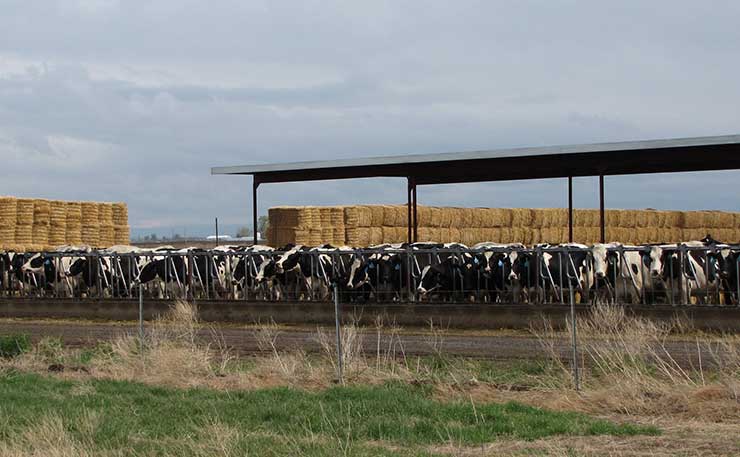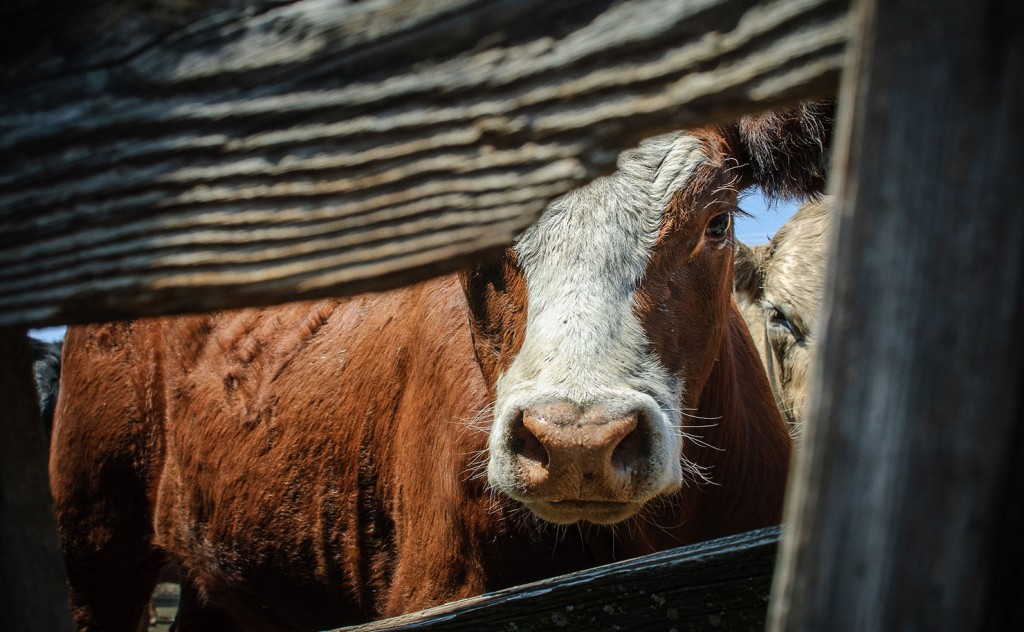The former US vice president’s latest assault on climate change is welcome, but the movie is missing one major theme which is crucial to the survival of the planet, writes Cassandra Taylor.
Al Gore’s new film, An Inconvenient Sequel: Truth to Power, exposes the dire consequences of climate change and shows that, since his first film on the topic a decade ago, some of these problems have dramatically progressed.
 The film ends by calling upon the citizens of the world to #beinconvenient by using their choice to switch to 100% renewable energy, their voice to urge others to pursue climate solutions, and their vote to demand that their leaders take action.
The film ends by calling upon the citizens of the world to #beinconvenient by using their choice to switch to 100% renewable energy, their voice to urge others to pursue climate solutions, and their vote to demand that their leaders take action.
But the documentary fails to mention that the best, and arguably simplest, way to be truly inconvenient, and make a difference to global warming, is to stop eating meat and/or dairy.
There is a general perception that most vegans and vegetarians do so out of a love for animals, or even for health reasons. However, there are a growing number of people making the change in a last ditch attempt to save our planet.
According to the UN, livestock emissions account for 14.5 per cent of all human-induced emissions. However, some studies estimate emissions from livestock to be much higher. As a comparison, all emissions from transport are estimated to be around 13.5 per cent.
These figures do not take into account the fishing industry, which also contributes to greenhouse gas emissions and causes damage to the environment in other ways by impacting fish populations, water pollution and habitat degradation.

Livestock agriculture contributes to global warming in a number of respects. At a basic level, it is logical that growing a crop and eating it produces fewer emissions than growing a crop, continuously feeding it to an animal so the animal can grow and then eating the grown animal.
On a more technical level, methane emitted from animals’ flatulence and manure accounts for 36% of all human-caused methane emissions. However, deforestation is the main contributor to livestock emissions, and raising livestock requires the clearing of larger amounts of land than producing vegetables and also requires more water. Cattle are by far the largest cause of livestock greenhouse emissions.
It is estimated that producing beef requires 28 times more land, 6 times more fertilizer and 11 times more water than producing pork and chicken. In comparison, vegetable production emits 3-5 times less greenhouse gases than pork and poultry.
The reality of the meat and dairy industries is truly inconvenient. Fad diets like paleo and Atkins have us eating meat around the clock, and have convinced us that our bodies need more protein than science says we do.
The Australian Healthy Food Guide recommends that women consume 45-60g of protein a day and that men consume 65-80g, which is surprisingly easy to achieve on a plant-based diet. By way of example, over 60g of protein can be consumed by eating 1 cup of cooked oats, 2 cups of cooked lentils, 200g of tofu and a handful of almonds.

Similarly, the dairy industry has us convinced that dairy is essential to maintaining healthy teeth and bones when in fact a cup of collard greens contains roughly the same amount of calcium as a cup of milk.
The good news is that reducing livestock emissions is largely in the control of individuals, and not reliant on politicians or corporations. Donald Trump taking office and announcing his intention to withdraw the US from the Paris Agreement is proof that our world leaders cannot be trusted with the environment. As is our own government’s continued support for an Adani coal mine in Queensland.
 As climate campaigner Bill McKibben stated, “You can’t have both the Paris climate agreement and Adani’s Carmichael coalmine. Full stop.”
As climate campaigner Bill McKibben stated, “You can’t have both the Paris climate agreement and Adani’s Carmichael coalmine. Full stop.”
It is clear our politicians have chosen the coalmine.
Giving up meat or dairy, especially cheese and bacon, is a big ask for a lot of people. But there is a lot of evidence that even reducing our consumption of animal products is enough to make a huge dent in greenhouse gases. A study led by scientists at Oxford Martin School found that adhering to health guidelines on meat consumption (being 43g of red meat per day) could reduce global food-related emissions by nearly a third by 2050, and that the widespread adoption of a vegetarian diet could drop emissions by 64%.
None of this is mentioned in An Inconvenient Sequel, despite Gore himself becoming vegan in 2012 and stating in an interview that “It’s absolutely correct that the growing meat intensity of diets around the world is one of the issues connected to this global crisis”.
While Gore’s call for arms to #beinconvienient by using our choices, voices and votes is a huge step in the right direction, we must not overlook the simple fact that climate change can, and should, be fought at the supermarket too.
Donate To New Matilda
New Matilda is a small, independent media outlet. We survive through reader contributions, and never losing a lawsuit. If you got something from this article, giving something back helps us to continue speaking truth to power. Every little bit counts.





